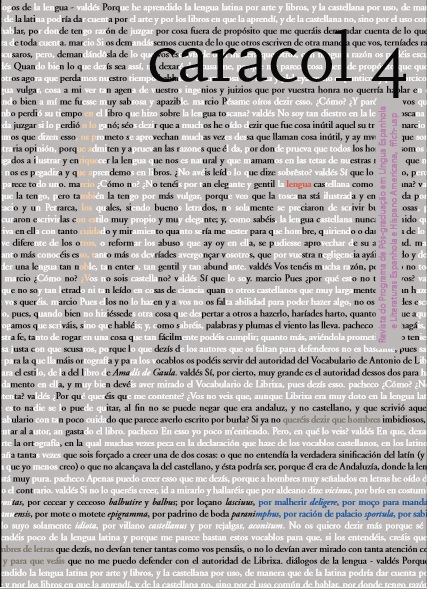A Sintaxe do espanhol e do português brasileiro: evidências para a gramática não nativa do espanhol
DOI:
https://doi.org/10.11606/issn.2317-9651.v2i4p08-39Resumo
Este trabalho apresenta indícios sobre a gramática não nativa do espanhol (Simões, 2010). Tendo em vista as diferenças sintáticas entre a gramática do espanhol e do português brasileiro (González, 1994, 1998, 1999, 2001, 2003, 2005, 2008), decorrentes da mudança linguística ocorrida no século XIX nesta última (Cyrino, 1993; Duarte, 1989; Galves, 2001; Kato, 1993; Tarallo, 1993), investigamos a aquisição/aprendizagem da gramática não nativa do espanhol, tendo como fundamentação teórica o modelo gerativista de aquisição de línguas estrangeiras (González, 1994, 1998, 1999, 2001, 2003, 2005; Liceras, 1996, 1997, 2002, 2003). Os dados revelaram que a coexistência de gramáticas do português brasileiro se reflete na gramática não nativa, bem como encontramos indícios de reestruturação e dos elementos que poderiam desencadeá-la. Contudo, a representação mental dos aprendizes não corresponderia à dos falantes nativos e o processo de reestruturação seria apenas parcial. Encontramos evidências sobre a natureza da gramática não nativa e da permeabilidade.
Downloads
Downloads
Publicado
Edição
Seção
Licença
Autores que publicam nesta revista concordam com os seguintes termos:
- Autores mantêm os direitos autorais e concedem à revista o direito de primeira publicação, com o trabalho simultaneamente licenciado sob a Licença Creative Commons Attribution que permite o compartilhamento do trabalho com reconhecimento da autoria e publicação inicial nesta revista.
- Autores têm autorização para assumir contratos adicionais separadamente, para distribuição não-exclusiva da versão do trabalho publicada nesta revista (ex.: publicar em repositório institucional ou como capítulo de livro), com reconhecimento de autoria e publicação inicial nesta revista.
- Autores têm permissão e são estimulados a publicar e distribuir seu trabalho online (ex.: em repositórios institucionais ou na sua página pessoal) a qualquer ponto antes ou durante o processo editorial, já que isso pode gerar alterações produtivas, bem como aumentar o impacto e a citação do trabalho publicado (Veja O Efeito do Acesso Livre).




